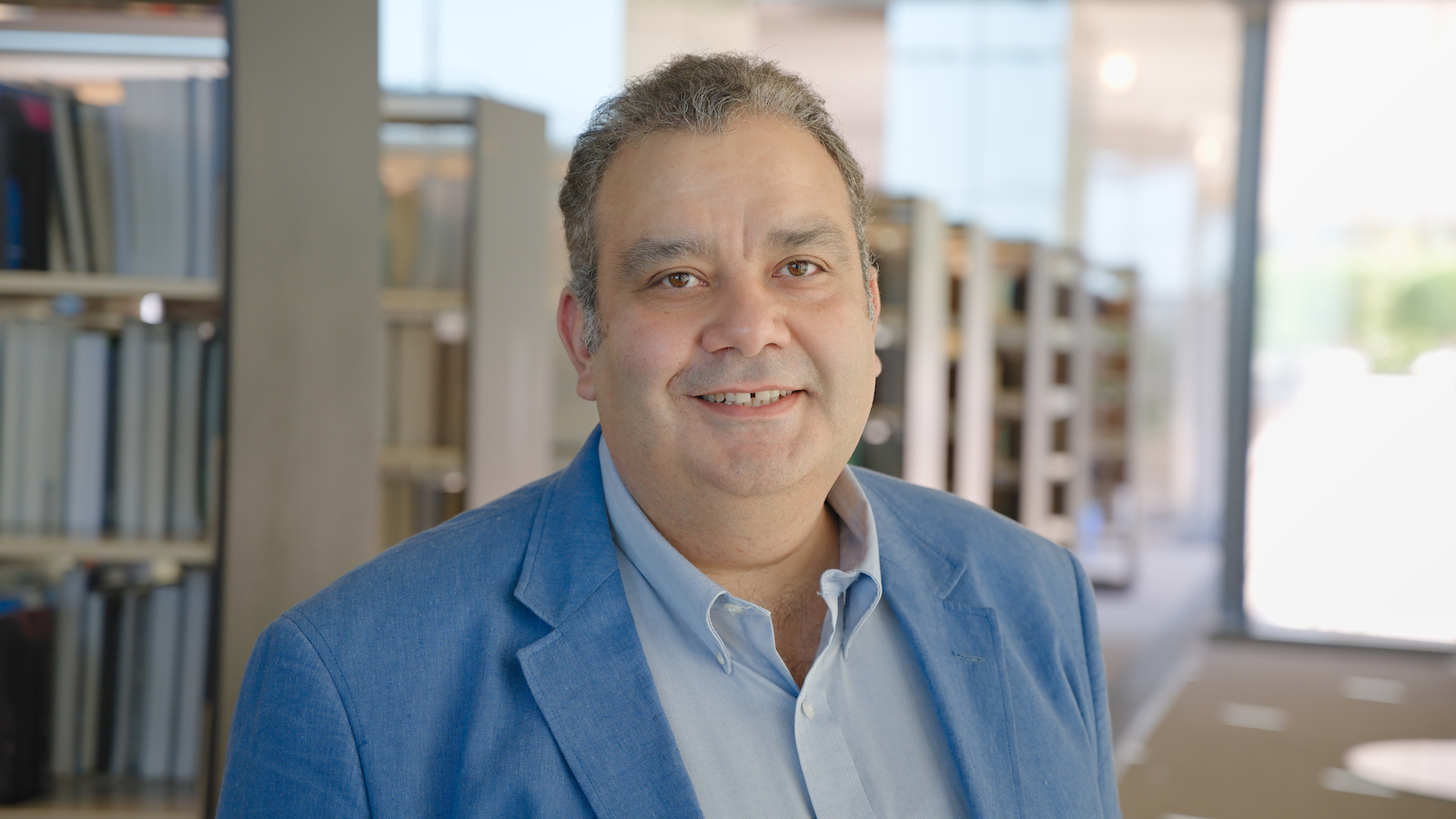Eltawil named NAI Senior Member

KAUST Professor of Electrical Engineering Ahmed Eltawil has been elected a Senior Member of the National Academy of Inventors.
KAUST Professor of Electrical Engineering Ahmed Eltawil has been elected a Senior Member of the National Academy of Inventors (NAI). The NAI Senior Member program is an exclusive award distinction created to showcase the innovative ecosystems at NAI Member Institutions such as KAUST.
NAI Senior Members are chosen from active faculty, scientists, and administrators with success in patents, licensing and commercialization. These members have produced technologies that have the potential for a real impact on the welfare of society. Senior Members, such as Eltawil, are also charged with fostering a spirit of innovation within their communities. The NAI encourages their members to enhance an inventive atmosphere at their home institutions, while also educating and mentoring the next generation of inventors.
This year's class of NAI Senior Members is made up of 63 accomplished academic inventors representing 37 research universities, governmental entities and non-profit institutes worldwide. Senior Members have also been named inventors on over 625 issued U.S. patents.
Research interests
Eltawil's current research interests are in the area of efficient architectures for computing and communications systems in general, and wireless systems in particular, spanning the application domains of next generation communication systems, low power mobile systems, sensor networks, and machine learning. His objective is to find innovative solutions that address the complexities of state-of-the-art research issues, while offering practical approaches that can be easily adopted. His research philosophy is to employ a multidisciplinary approach to the design and development of mobile computing and communication systems spanning algorithm, architecture and implementation.
Eltawil is the principal investigator of the Communication and Computing Systems Lab (CCSL) at KAUST. At CCSL, the program is architected to identify and research technologies that provide the foundation on which ground breaking innovations capable of serving a wide spectrum of challenges can be conceived, designed and tested.
Recent topics of interest within his lab include body area networks for health monitoring, structure health monitoring of critical infrastructure, applications of machine learning to communication and computing systems and resource efficient wireless networks. These research directions are part of a larger vision of architecting smart and connected systems that enable future communities.
Related stories
- Bradley named NAI Fellow
- Zhiping Lai receives AIChE's 2020 Industrial Gases Award
- Mohamed-Slim Alouini elected as 2021 OSA Fellow

